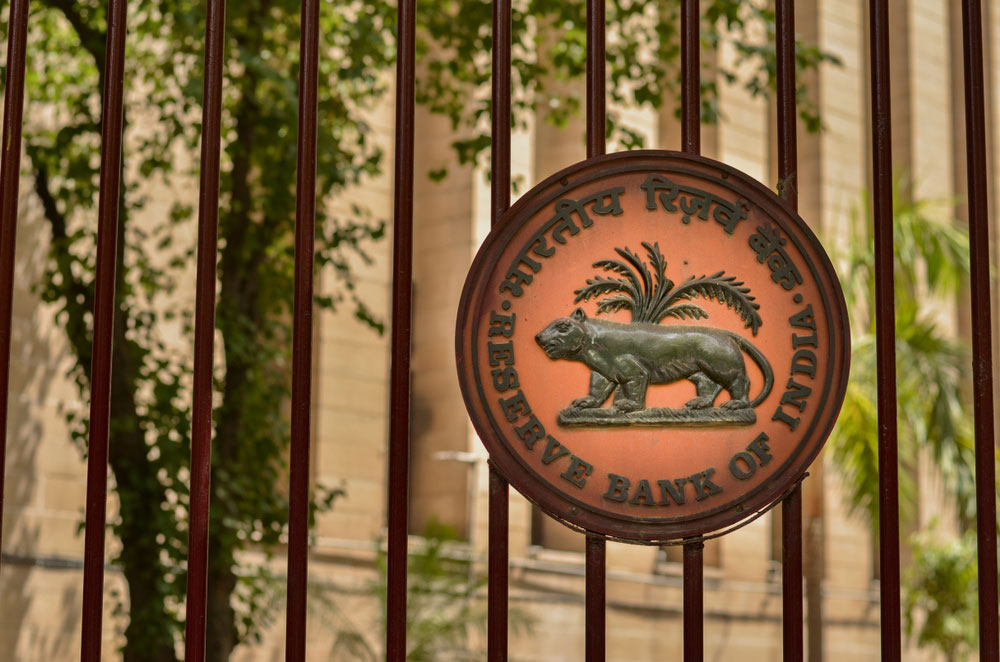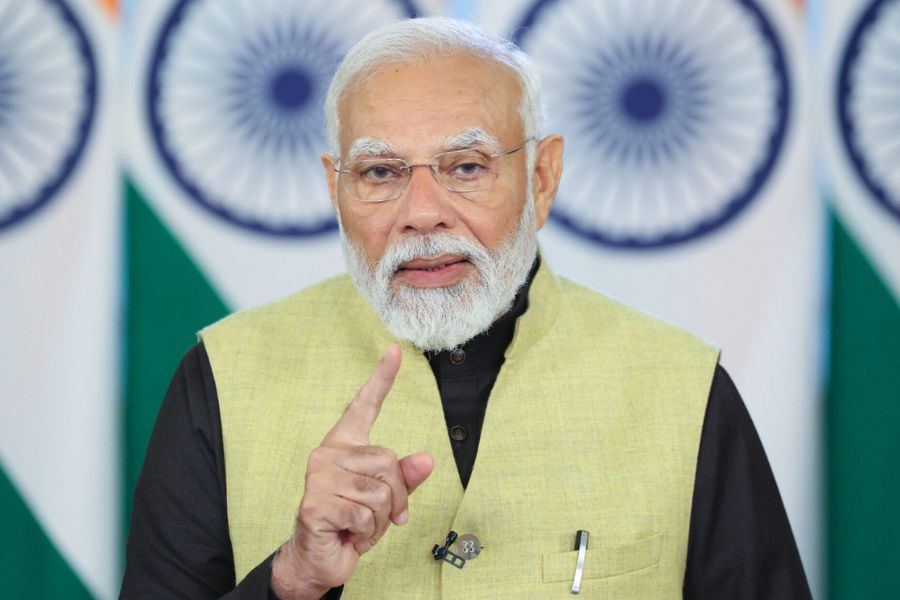The Reserve Bank on Monday hinted at a rate cut at the next Monetary Policy Committee (MPC) meet on April 3 and announced more liquidity enhancing measures.
The market was expecting a rate cut as the presser was called only around noon after as many as 43 other central banks, including the US Fed, the European Central Bank and Bank of England, did so.
However, the RBI announced another round of USD 2 billion dollar-rupee swap on March 23 and up to Rs 1 lakh crore of long-term repo operations as and when the market needs it.
In addition, the RBI has also asked all banks and financial institutions to assess the impact on their balance sheet, asset quality, liquidity, among others, in the wake of the potential threat arising out of the spread of coronavirus disease in India.
Several confirmed cases have also been detected in India, which highlight the need of a coordinated strategy for handling the emerging situations for protecting the resilience of the Indian financial system, RBI said in a notification addressed to banks, urban cooperative banks, NBFCs, payment and small finance banks.
RBI has asked financial entities to encourage their customers to use digital banking facilities as far as possible.
'Besides taking steps...for ensuring business process resilience, supervised entities should also assess the impact on their balance sheet, asset quality, liquidity, etc. arising out of potential scenarios such as further spread of COVID-19 in India and its effect on the economy, contagion from wider disruption in the global economy and the global financial system, etc,' RBI said.
Based on these, they should take immediate contingency measures to manage the risks under intimation to us, it added.
As the situation requires to be monitored closely, both from business and social perspective, a Quick Response Team (QRT) may be constituted for the purpose, RBI said.
The QRT shall provide regular updates to the top management on significant developments and act as a single point of contact with regulators/outside institutions/agencies, it said.
While the Government of India, in co-ordination with the state machineries, is already taking steps for preventing and controlling the local transmission of disease, further steps are required to be taken by the respective banks/financial institutions as a part of their existing operational and business continuity plans, the central bank said.
The regulator, among others, asked them to devise strategy and monitoring mechanism concerning the spread of the disease within the organisation, making timely interventions for preventing further spread in case of detection of infected employees including travel plans and quarantine requirements as well as avoiding spread of panic among staff and members of the public.
The banks and financial institutions should also take stock of critical processes and revisit business continuity plan 'in the emerging situations/scenarios with the aim of continuity in critical interfaces and preventing any disruption of services, due to absenteeism either driven by the individual cases of infections or preventive measures,' RBI said.
It also advised on taking steps for sharing important instructions/strategy with staff members at all levels, for soliciting better response and participation and sensitizing the staff members about preventive measures to be taken in suspected cases.
The World Health Organization (WHO) has declared the outbreak of the novel coronavirus disease (COVID-19) a pandemic.
RBI said the WHO declaration indicates significant and ongoing person-to-person spread in multiple countries, with the uncertainty about the extent of spread and the likely impact on the global economy.











